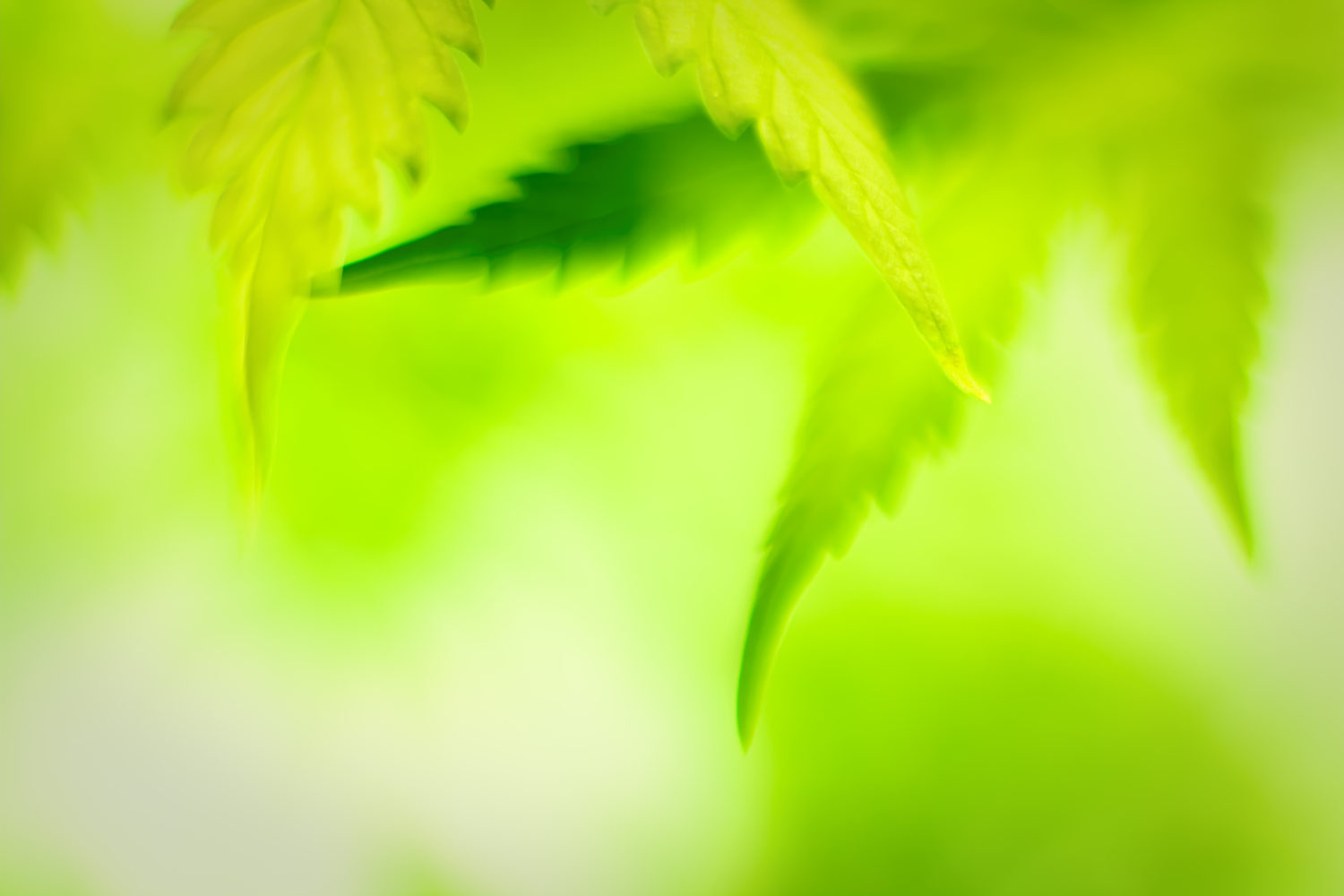
Are you curious about Delta 8 and how it’s shaking up the world of cannabis? Delta-8 THC is a lesser-known cousin of the famous mind-altering component in marijuana. Our guide dives into what this compound is, its unique effects, and why it’s becoming so popular DR Watson CBD.
Keep reading to uncover the secrets of Delta-8!
Key Takeaways
- Delta-8 THC is a compound from the cannabis plant with a structure that makes it less potent than Delta-9 THC.
- It provides a milder high and may have benefits like anxiety relief, though research on these effects is still emerging.
- Users should be cautious as Delta – 8 can impair coordination and might show up on drug tests despite its legal statusin some areas.
- Unlike CBD, Delta – 8 is psychoactive, meaning it can alter your mind but typically with fewer side effects like anxiety or paranoia.
- Starting with small doses of Delta – 8 products is recommended to assess tolerability due to the variability in individual reactions.
What is Delta-8 THC
Delta-8 THC is a cannabinoid found in the cannabis plant and is considered an isomer of Delta-9 THC, the more well-known psychoactive substance in marijuana. This section will delve into how Delta-8 differs from other cannabinoids and its potential effects.
Definition of Delta-8 THC
Delta-8 THC stands for delta-8-tetrahydrocannabinol, a compound found in the cannabis plant. It’s one of over 100 cannabinoids, but it’s unique because it has a different structure than its more famous relative, delta-9 THC.
This slight change makes it less potent and alters how it affects the body. People often seek out delta-8 THC for its milder highand reduced chance of causing anxiety compared to traditional marijuana products.
Manufacturers extract this compound mainly from hemp-derived CBD, creating various products like gummies and vapes. While similar to other cannabinoids found in cannabis sativa plants, such as cannabidiol (CBD), its psychoactive nature sets it apart.
Its legal status can be murky; although derived from legal hemp, not all states have embraced delta-8 THC. Users should check local laws before buying or using these products as they might show up on drug tests due to their chemical similarity to other forms of THC.
How it differs from other cannabinoids
Unlike other cannabinoids, Delta-8 THC has a lower psychotropic potency, making it less likely to induce anxiety or paranoiain users. Unlike its close relative, Delta-9 THC, Delta-8 is typically derived from hemp plants and presents a less potent high.
In addition, unlike CBD which is non-intoxicating, Delta-8 THC does produce psychoactive effects but at a milder level compared to the commonly known Delta-9 THC.
Furthermore, unlike CBD or Delta-9 THC which are more widely studied and understood within the scientific community, there is still limited research on the specific effects of Delta-8 THC due to its recent emergence in the market.
Effects and Uses of Delta-8 THC
Delta-8 THC can produce psychoactive and intoxicating effects, similar to Delta-9 THC but is believed to be less potent. It also has potential medicinal benefits such as helping with nausea, anxiety, and appetite stimulation.
Psychoactive and intoxicating effects
Delta-8 THC has psychoactive properties but is less intoxicating than Delta-9 THC, producing a milder high. Users report feeling relaxed and euphoric after consuming Delta-8 THC products, with some experiencing increased mental clarity and focus.
Consumers should be aware of the potential for impairment when using Delta-8 THC, particularly when operating heavy machinery or driving. It’s essential to start with small doses to gauge individual tolerance levels and avoid unwanted sedative effects that may accompany higher amounts of Delta-8 THC consumption.
Regular users advise caution due to varying reactions between individuals.
Potential benefits and risks
Delta-8 THC may offer potential benefits such as reducing anxiety and nausea, relieving pain, and stimulating appetite. It is important to note that research on these potential benefits is still limited.
However, there are also risks associated with Delta-8 THC consumption including impaired coordination and cognition, increased heart rate, dry mouth, red eyes, and in some cases, paranoia or hallucinations.
Additionally, since it is derived from cannabis plants like Delta-9 THC (the main psychoactive component in marijuana), consuming Delta-8 THC might result in a positive drug test for Tetrahydrocannabinol (THC).
Conclusion
In conclusion, understanding Delta-8 THC is crucial for those interested in cannabinoids. It differs from other cannabinoids and has both psychoactive effects and potential benefits.
This comprehensive guide sheds light on the uses and effects of Delta-8 THC.
